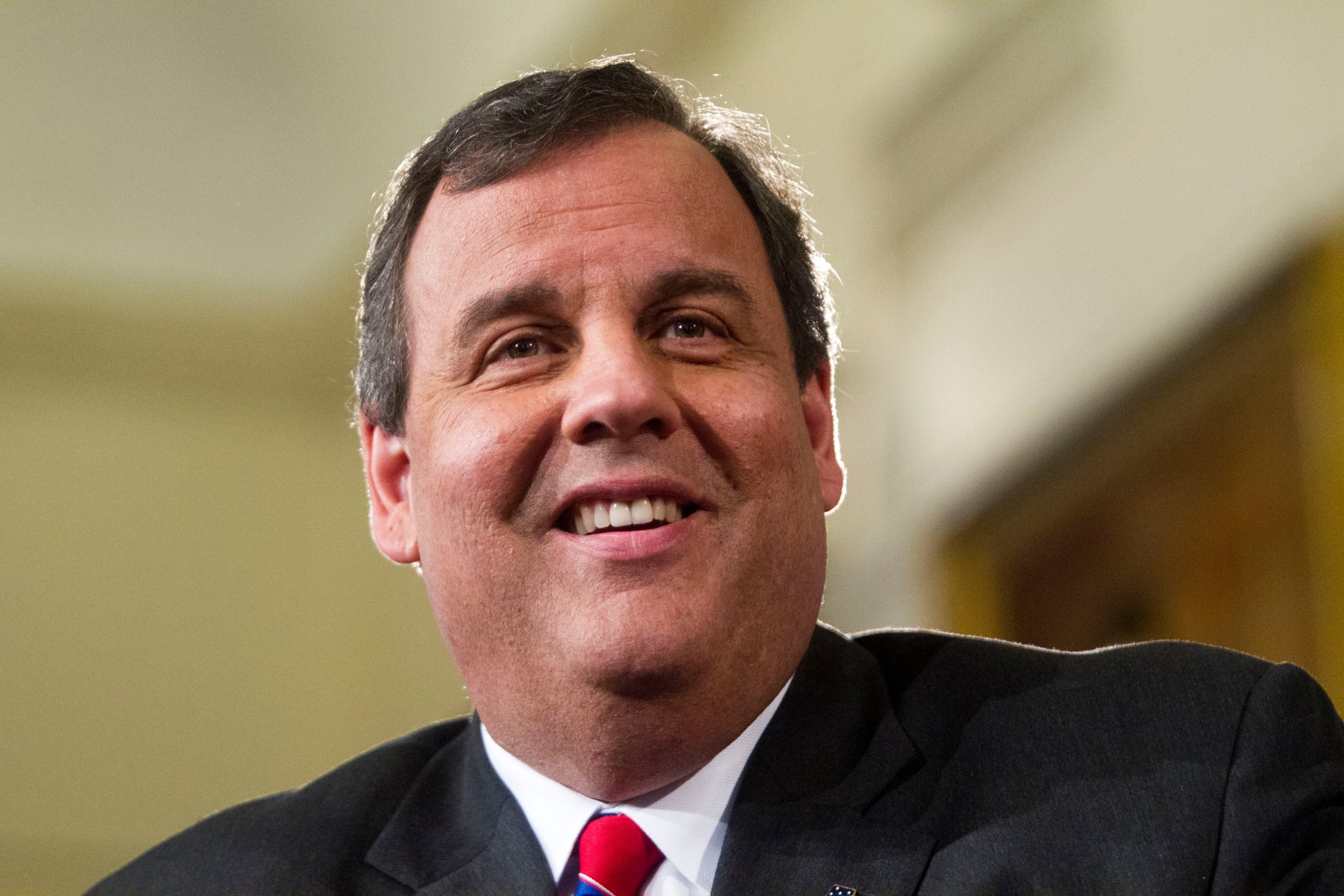
Republicans are increasingly looking at 2014 as a golden opportunity for the party to retake the Senate. Donors are pouring tens of millions of dollars into races across the country, the Republican National Committee is doubling down on investments in campaign technology, and outside groups are investing heavily in an all-out bid to regain the majority for the first time since 2007.
But there’s a dirty little secret: not every Republican is rooting for the party to succeed.
Behind closed doors and in private conversations with reporters and donors, Republicans eyeing the White House in 2016 are privately signaling they wouldn’t mind seeing the party fall short in this year’s midterm elections. For all the benefits of a strong showing in 2014 after resounding defeat in 2012, senior political advisers to some of the top Republican presidential aspirants believe winning the Senate might be the worst thing that could happen.
The opinion is most strongly held by Republican governors, who are hoping to rise above the Washington political fray. Already the central theme adopted by governors like Chris Christie of New Jersey, Rick Perry of Texas, Bobby Jindal of Louisiana and Scott Walker of Wisconsin is their ability to cut through partisan gridlock to lead their states. A dysfunctional Washington hamstrung by ideological division accentuates their core argument.
“They’re going to run against Washington,” says Ray Scheppach, the former longtime executive director of the National Governors Association. “Their argument is, ‘Nothing happens in Washington, people don’t do anything there. But I’ve created jobs, I’ve balanced budgets for X number of years, I’ve worked across the aisle bringing people together.’ They’re better off painting that picture with a divided Congress.”
But even for Senators like Ted Cruz of Texas, Rand Paul of Kentucky and Marco Rubio of Florida, winning the majority brings the expectation of performance in a climate where President Barack Obama’s veto pen will certainly get a workout, not to mention the fact that they lack the seniority to guide legislation through committees.
For candidates from either category, a GOP-controlled Senate and House would mean having to answer for their party’s legislative agenda in both a primary and a general election. Whether it be new fiscal deals struck with Obama or continued votes to repeal Obamacare, aides to potential candidates fear that congressional action may put a damper on their boss’s future campaigns by forcing them to either embrace or break with specific legislative proposals as opposed to general policy ideals.
“It’s a lot easier to explain your principles to the American people than it is to explain your position on a piece of legislation that will always have some flaws,” said one 2016 hopeful’s top political aide. “And let’s not forget that Congress’s approval rating is at 9%. I think all of those looking at 2016 would rather the two parties share the blame than Republicans alone.”
The White House aspirants are careful to avoid sharing their views publicly, wary of insulting a party energized by a tantalizingly close chance at the majority thanks to the still sluggish economy and the initially botched rollout of the Affordable Care Act. But by and large, their priorities are apparent in how and for whom they fundraise. Republican governors uniformly talk up their colleagues but avoid mention of the Senate. Senators eyeing the White House have focused on building their own war chests and political organizations.
Several Republican governors are up for re-election this year, and Christie and Jindal are the chairman and vice chairman, respectively, of the Republican Governors Association. But Christie drew the ire of many Republicans last year when he called a special election to fill the seat of Senator Frank Lautenberg, who died in office, just two weeks before his own re-election. The move kept popular Democrat and now Senator Cory Booker off the ballot when Christie was seeking to run up the score at the polls, but it also made it virtually impossible for his own party to contest the seat. Even more Republicans blame Cruz’s shutdown strategy with making their case more difficult this fall, even as it boosted his position among the Tea Party grassroots.
The GOP establishment, though, is worried about anyone in the party taking their eye off the ball. The 2016 map is as unfavorable to the GOP as it is favorable in 2014, with a presidential-year turnout raising the likelihood that even if Republicans manage to take the Senate this year, they will lose it two years later.
Former Mitt Romney adviser Kevin Madden said it would be misguided for potential candidates to ignore the opportunity in 2014 in order to boost their own fortunes, but he acknowledged there may well be some awkwardness.
“After the midterms, we could very well be at a point where the candidate that forces a moment of reckoning within our party eventually becomes its 2016 nominee,” Madden tells TIME. “That may require a showdown between the nominee and their party in the Senate, but it could eventually help both the party and the country.”
More Must-Reads from TIME
- Donald Trump Is TIME's 2024 Person of the Year
- Why We Chose Trump as Person of the Year
- Is Intermittent Fasting Good or Bad for You?
- The 100 Must-Read Books of 2024
- The 20 Best Christmas TV Episodes
- Column: If Optimism Feels Ridiculous Now, Try Hope
- The Future of Climate Action Is Trade Policy
- Merle Bombardieri Is Helping People Make the Baby Decision
Contact us at letters@time.com